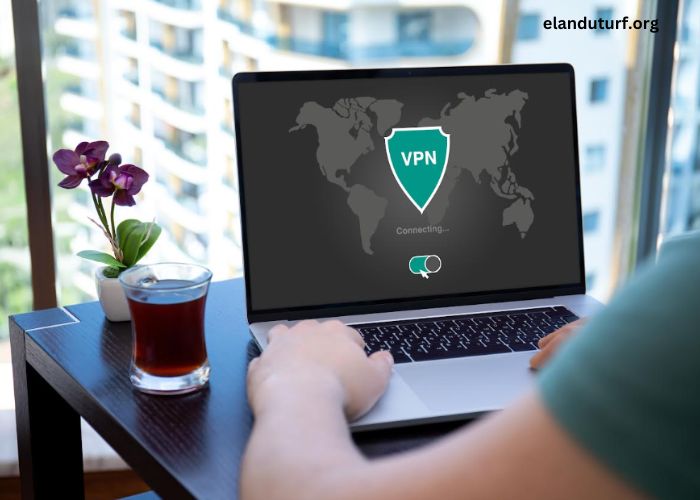Everybody is talking about VPNs nowadays. This is a tool that creates a secure connection between your device and the internet. In other words, your online activity is encrypted, and your IP address is hidden. The technology has become increasingly important as cyber threats continue to evolve and privacy concerns grow. But how does it actually work? We seek to find out in this article.
How a VPN works
In order to understand how a VPN works, think of it as building a private tunnel for your internet traffic. It will hide your online activity by encrypting the connection, helping to shield your online activities from prying eyes. This means you can use public Wi-Fi at a coffee shop without worrying about cyberattacks.
When you connect to a VPN, it routes your data through a remote server, in the process masking your IP address. This deters trackers, websites, and even internet service providers from monitoring your online activities. The masked IP address makes it look like you are browsing from the server’s location.
The remote server is encrypted and operated by the VPN provider. This makes it hard for anyone to track your online activities, as websites will see the VPN server’s location. A VPN will also hide your browsing history, your location, and your data from outside interference. At the same time, the encryption will scramble your data so that even if someone intercepts it, they cannot read it.
The VPN will protect your privacy in many different ways. It will bypass censorship, unlock geo-restricted content, and protect your percent information. You can find more information and a deep dive on VPN meaning here.
Why You Should Use A VPN
VPNs have multiple purposes beyond protecting your online privacy. They can help remote workers access company networks. At the same time, if you want to stop an ISP from throttling your connection, you can use the VPN.
Anyone can use a VPN, not only the Tech guys. For example, if you are using public Wi-Fi, a VPN comes in handy to prevent trackers from snooping. Many people use VPNs to protect themselves when using public Wi-Fi networks because unencrypted data can be intercepted. Businesses can also use VPNs to protect sensitive data, such as financial information.
Besides hiding what you’re doing online, use a VPN to access content that might be geographically restricted. You connect to a VPN server in another country and can bypass the geo-blocks. This means easy streaming on platforms like Netflix or programs unavailable in your region. Once you change your IP address to a location where the content is allowed, streaming becomes easier. Many people have benefited from this feature because they can access their home country’s content when they are away.
VPN Security Considerations
When you are considering using a VPN for this purpose, choose a reputable provider. Some factors include looking for VPNs with strong encryption and a clear privacy policy. While free VPN services are available, you might want a paid VPN service for better security features. The free VPN services come with limitations and potential privacy risks. Your ideal provider should offer strong encryption standards, a vast server network, and a strict no-logs policy.
The Bottom Line
VPN is a simple way to boost your online privacy and freedom. However, it does not replace antivirus software if you’re looking to enhance your online security. VPNs only safeguard your connection. Only pick a reliable service, and you will get a bright layer of defence against cyber threats.







